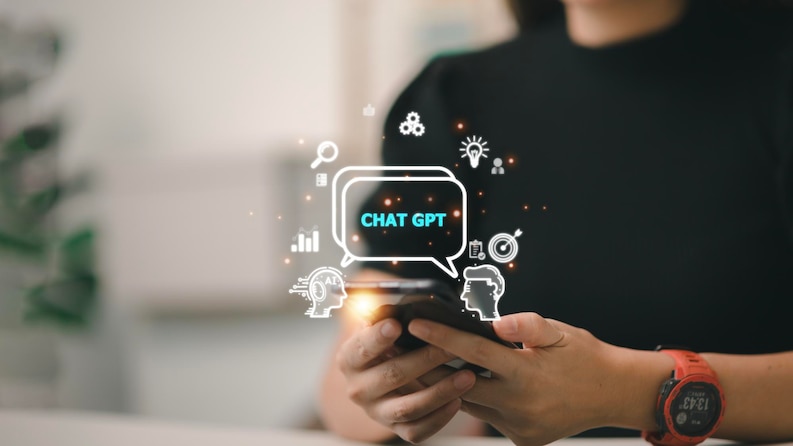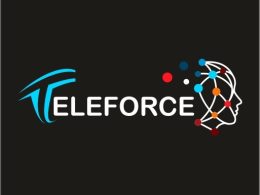Introduction to ChatGPT limitations
Artificial Intelligence has made significant strides in various fields, including cryptocurrency analysis. One such AI-powered tool is ChatGPT limitations, a language model designed to generate human-like text based on the input it receives. While ChatGPT has shown great promise in several applications, including language translation and text generation, it also comes with its set of limitations when applied to the intricate world of crypto analysis.
Understanding the Strengths of ChatGPT
Before diving into its limitations, it’s crucial to acknowledge the strengths of ChatGPT. As a language model, ChatGPT can process vast amounts of data and identify patterns that might be challenging for humans to detect. It can analyze sentiments from social media, news articles, and market trends, providing valuable insights into the overall market sentiment surrounding cryptocurrencies.

Additionally, ChatGPT can help in generating easy-to-understand explanations of complex crypto concepts, making it a useful educational tool for newcomers to the crypto space. Its ability to process a wide range of sources enables it to synthesize information quickly and comprehensively, making it an efficient assistant for crypto researchers and enthusiasts alike.
Exploring the Limitations of ChatGPT in Crypto Analysis
While ChatGPT boasts impressive capabilities, it has its limitations when applied to crypto analysis. One of the most significant limitations is the lack of real-time data analysis. ChatGPT operates based on the data it has been trained on, and it may not have access to up-to-the-minute data, which is crucial in the fast-paced world of cryptocurrencies. This limitation could result in potentially outdated or inaccurate information.
Moreover, ChatGPT’s knowledge is confined to what it has been exposed to during its training, and it may not be aware of recent developments or emerging cryptocurrencies. This lack of awareness can hinder its ability to provide accurate insights on new or lesser-known crypto assets, limiting its usefulness in predicting trends or analyzing such assets’ potential.
Another limitation lies in the potential biases present in the training data. If ChatGPT has been trained on biased or flawed data, it may produce biased or inaccurate outputs in its analysis of cryptocurrencies. This issue is particularly concerning in the crypto space, where unbiased and objective analysis is essential for making informed investment decisions.
Overcoming Challenges and Improving Crypto Analysis with ChatGPT
While ChatGPT’s limitations are evident, there are ways to mitigate these challenges and improve its effectiveness in crypto analysis. First and foremost, it is essential to complement ChatGPT’s analysis with real-time data from reliable sources. Integrating real-time data feeds can provide the model with the most current information, reducing the risk of outdated insights.
Additionally, ongoing training and fine-tuning of ChatGPT with up-to-date and diverse data can help address the knowledge gap. By continually updating the model’s understanding of the crypto market, it can become more adept at handling new cryptocurrencies and staying abreast of the latest developments.
To tackle the issue of bias, developers can carefully curate the training data and implement bias-checking mechanisms. This process involves scrutinizing the data used to train ChatGPT and ensuring that it is representative and free from biases. Implementing these measures can help enhance the model’s objectivity and improve the accuracy of its analysis.
Conclusion
ChatGPT is undoubtedly a powerful AI tool with numerous strengths that can benefit crypto analysis. However, its limitations, such as the lack of real-time data analysis, knowledge gaps, and potential biases, must be acknowledged and addressed. By recognizing these limitations and taking appropriate measures to overcome them, we can harness the potential of ChatGPT to enhance our understanding of the cryptocurrency market and make more informed decisions in this rapidly evolving space.












